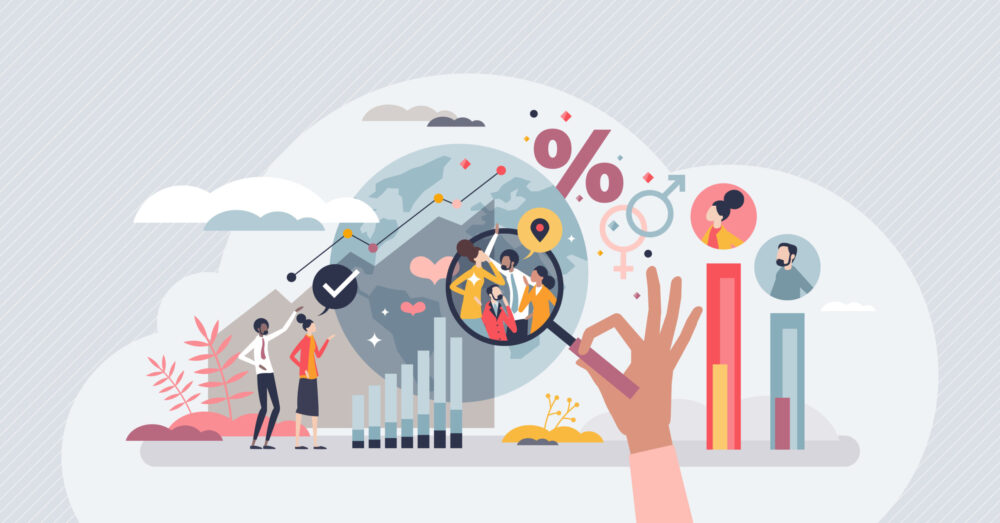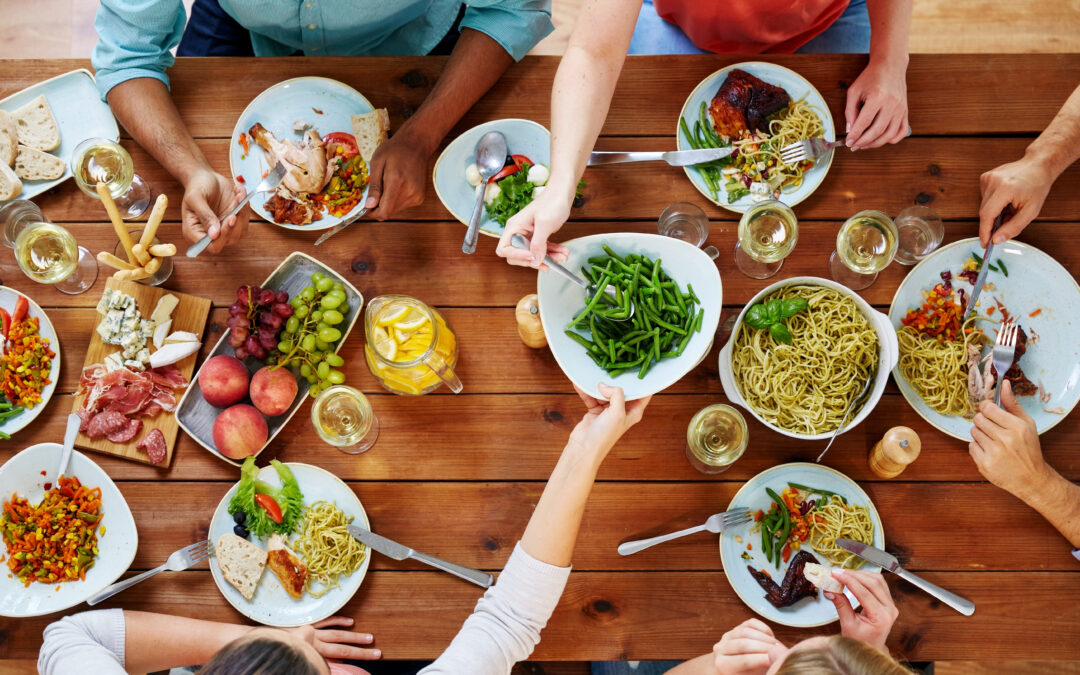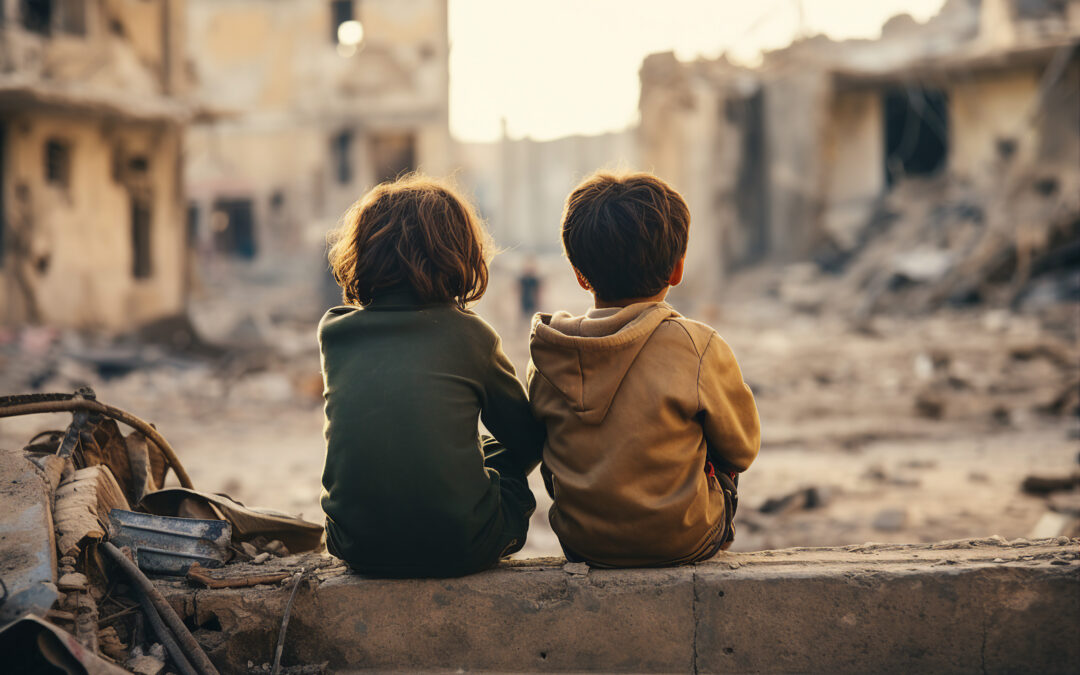I have always been in awe of both the natural world and the human psyche, pondering over how individual self-development can be used to facilitate a shift in the collective response to the climate crisis. Throughout my time in university, ‘hardcore’ science has never resonated with me, that is why I am always on the lookout to expand my contribution through art, communication and projects outside the standard academia pathway. I am learning more about behavioural science, design and health every day as I believe only a holistic approach can truly spark the change in how humanity treats the planet. Most of the science is very ‘in the brain’ – logic, rigidity and polarised thinking. Whereas most of self-development is very ‘woo’, and people describe it as vague, weird and useless. Yet the majority agree that if you are struggling inside, there is no way you can be kind to the planet or those around you.
What if we actually could find a way to combine external transformation with internal? I see qualities of the heart such as compassion and kindness to self and others as the missing pieces in the global picture of sustainability and climate action.
A recent Climate Conversation, ‘Meeting the climate crisis inside out’, cohosted by the Women’s Climate Congress (WCC) with Charter for Compassion Australia and others provided a balanced perspective on the issue, suggesting that the neglect of internal human factors can explain the failure of current policies to address the underlying problems that are driving the climate crisis. This conversation amplified the importance of compassion in government policy and practice as exemplified in Action 6 of the WCC Charter for Change.
With disorders like eco-anxiety coming to the fore, most see mind as a victim of the climate crisis. But Jamie Bristow, former Director of the Mindfulness Initiative in the UK and co-author of the recent report Reconnection: Meeting the climate crisis inside out, actually argued that the mind is not only the root cause of climate change, but also a barrier for climate action.
It is ironic that in the age of social media and global interconnectedness, the climate crisis is characterised by separation and disconnection. Recent studies have revealed a ‘loneliness epidemic’, where more than half of the respondents reported feeling lonely and isolated most of the time. There is a vicious cycle of social disconnectedness and climate change, both contributing to each other’s worsening. Therefore we have to go back to our roots to reconnect, heal and be in harmony with ourselves, the community and the land. If we don’t act, climate change will worsen our social bonds, which will only reduce our capacity to respond to the environmental threats that lie ahead.
As Jamie Bristow eloquently articulated, ‘We need to develop our understanding of who we think we are and our place in this world, build and broaden our positive psychological equipment, resilience and hope that will help us get through’. Resisting polarisation, breeding connections to ourselves, our community and nature will prime our behaviour to co-exist with nature in a way that is balanced and sustainable long-term.
We also don’t necessarily have to sacrifice all economic growth for sustainability, it just means that the growth might be in different sectors than it is today. ‘Wiser wanting’ is not about complete detachment from material things (which sounds impossible to the majority of people), it is about delinking economic growth with consumerism. It is about making conscious choices to improve our wellbeing without compromising the environment. ‘Maybe we spend more money on massages and mindfulness teachers and less on PlayStations and Porsches’ was my favourite quote from the conversation.
It is intriguing how increasingly widespread knowledge about the climate emergency has not translated into sustainable behaviour and action on a mass scale. There is a saying that knowledge means possessing facts and information, while wisdom means using that knowledge in the right way. Wisdom is the ability to make sound judgments and decisions, especially in the face of uncertainty. Wisdom is also about being able to think through a problem from multiple angles and come up with a solution that is best for everyone involved. Knowledge is static and unchanging, the same no matter when or where you learn it.
Wisdom, on the other hand, is dynamic, constantly changing and growing as you gain new experiences and learn from them. So what does it mean for us as humans? It means that we not only need to continue learning but also constantly challenge our beliefs to find new ways of thinking and be equipped to deal with whatever life throws at us.
For more insights, listen to the recording of Meeting the climate crisis inside out and read the Reconnection report. My previous Broad Agenda article Why we need more women’s leadership is also a deeper dive into the qualities of the heart and how they can be applied to create a long-lasting change in our society.
- Image at top: Stock photo from Pixabay/Polifoto
Polina Avilova is an Environmental Management and Sustainable Business student at Griffith University. She is passionate about climate change action and deeply committed to justice, equality, diversity and inclusion. My spare time is usually spent outdoors and in nature, teaching yoga, learning about health, mindfulness and self-actualisation.





